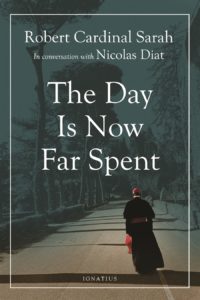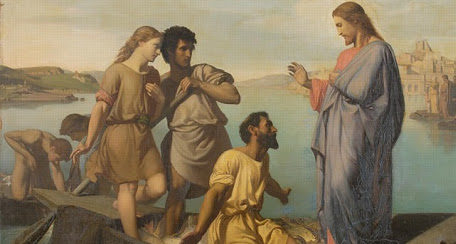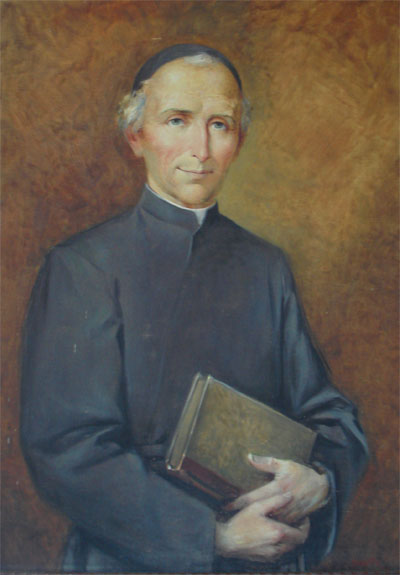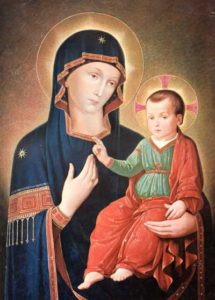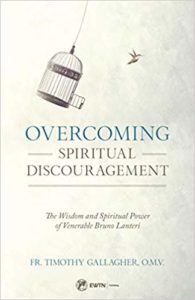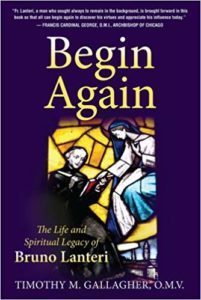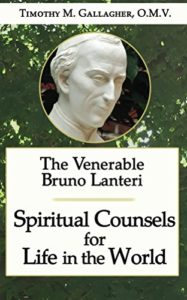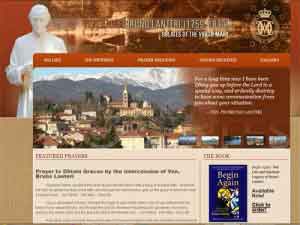Podcast: Play in new window | Download (Duration: 10:18 — 7.2MB) | Embed
Subscribe: Apple Podcasts | Spotify | Amazon Music | Android | Pandora | iHeartRadio | JioSaavn | Podchaser | Gaana | Podcast Index | Email | TuneIn | Deezer | Anghami | RSS | More
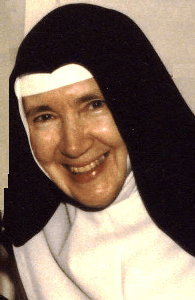
CLJ3 – Giving Evidence – ‘Come, Lord Jesus’ by Mother Mary Francis, P.C.C.
An excerpt from Come, Lord Jesus: Meditations on the Art of Waiting:
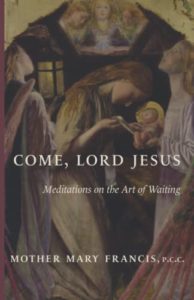 Giving Evidence
Giving Evidence
THE CHURCH is saying to us again and again, “Now is the acceptable time” (2 Cor 6:2). This Advent will never come again. Perhaps God will bless us with other Advents, although, with the condition the world is in right now, one could have large question marks about that. But even if he does, this one will never come again.
We recall the classic words of the poet: “The tender grace of a day that is gone will never come back to me.” The graces of this day will never come again. The opportunities for being loving and humble and generous and self-forgetful in this day will never come again. That is a large thought, and we should fill our minds with large thoughts in this season.
In the liturgy of this Sunday, the Church is saying, “You have to do something.” And she is saying, “I want to see something.” As I was reflecting in prayer on these three readings which our wise Mother the Church puts before us, our dear Lord showed me that, in a sense, we need to “read” them backward—that the conclusion, the very strong point, is in the Gospel: we begin there and then go back and see how these fruits appear.
Francis P.C.C., Mother Mary. Come, Lord Jesus (p. 65). Ignatius Press. Kindle Edition.
Mother Mary Francis, P.C.C., (1921-2006) was for more than forty years the abbess of the Poor Clare Monastery of Our Lady of Guadalupe in Roswell, New Mexico. She became recognized as an authoritative voice for the renewal of religious life through her many books, including A Right to Be Merry, But I Have Called You Friends, and Anima Christi. To learn more about Mother Mary Francis and the Poor Clare Nuns of Roswell, NM visit their website at https://poorclares-roswell.org

Discerning Hearts is grateful to Cluny Media whose permission was obtained to record these audio selections from this published work.

 A Sister of St. Thérèse: Servant of God, Léonie Martin – Bearer of Hope with Fr. Timothy Gallagher – Episode 7
A Sister of St. Thérèse: Servant of God, Léonie Martin – Bearer of Hope with Fr. Timothy Gallagher – Episode 7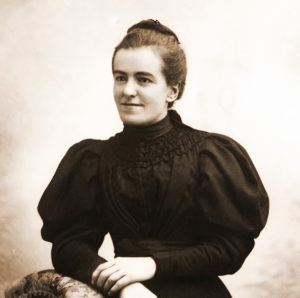
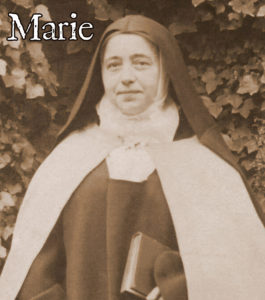
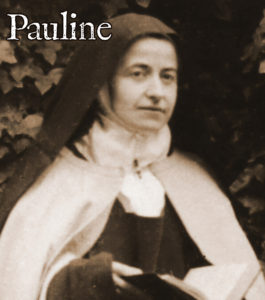
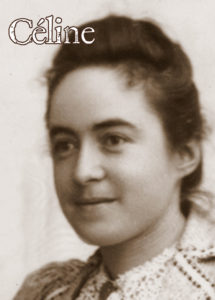
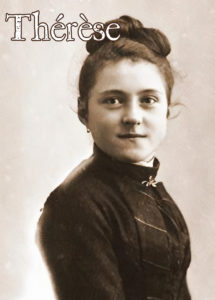
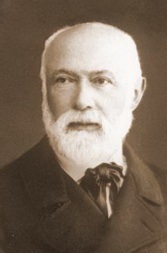


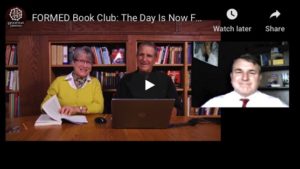 “In the twenty-first century, totalitarianism has a more pernicious face. Its name is the idolatry of complete and absolute freedom.”
“In the twenty-first century, totalitarianism has a more pernicious face. Its name is the idolatry of complete and absolute freedom.”